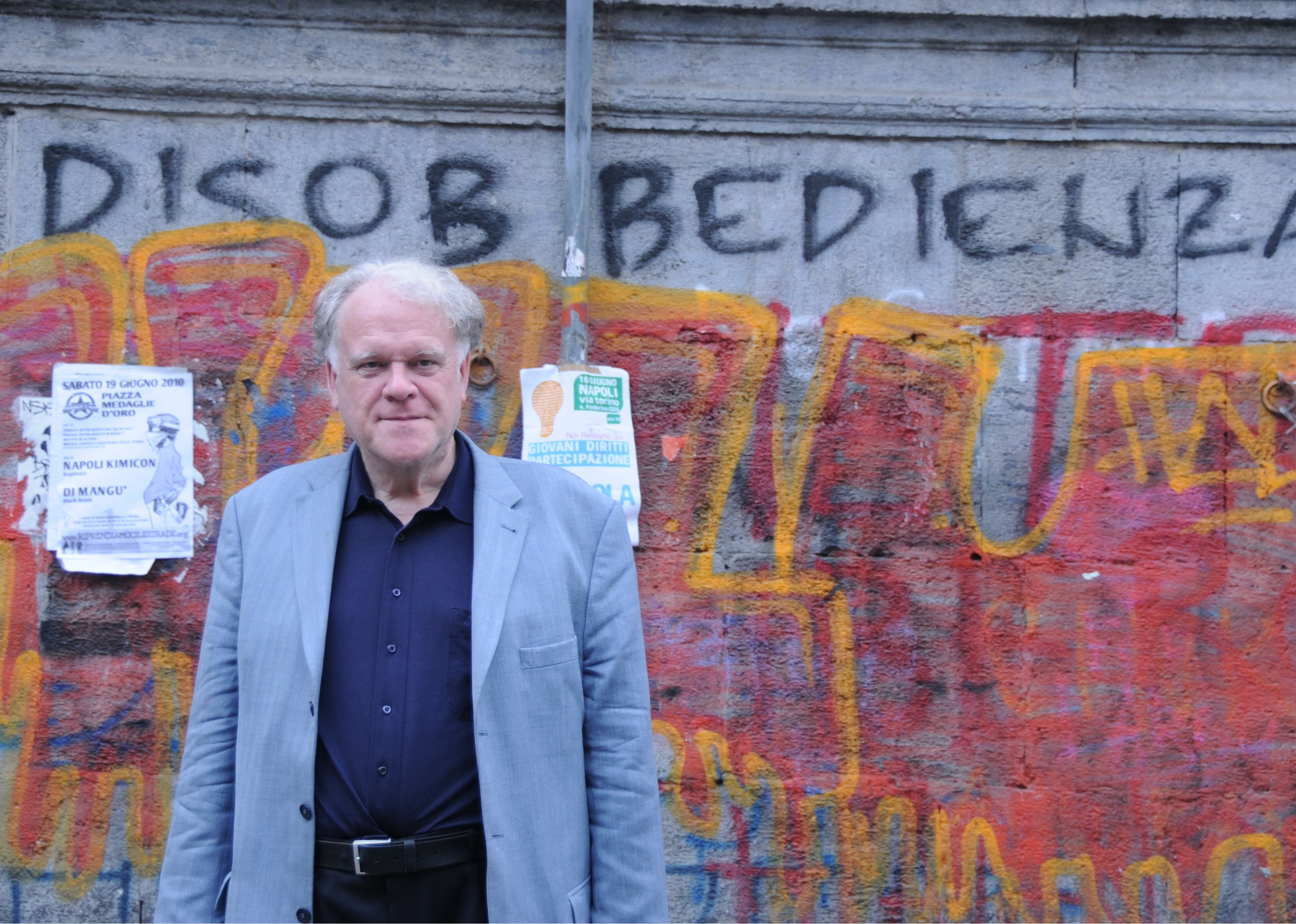Logos Sent into a Headspin: Notes on the Conversation with the Devil in Dostoevsky’s The Brothers Karamazov
DOI:
https://doi.org/10.13136/1013-2309/1601Abstract
The essay examines the intellectual structure of Ivan Karamazov’s conversation with the devil against the background of Kant’s epistemology and Karl Jaspers’ General Psychopathology. Dostoevsky takes rational thought down two paths, each of which leads to a point where it encounters something that cannot be proven but is nonetheless undeniable: the voice of conscience and the sensory presence of a hallucination. He constructs his novel in such a way that the logic first fails morally and then, at the peak of the action, fails in itself. The deeper ethical meaning of this construction is finally explored with reference to Horst-Jürgen Gerigk’s interpretation of the Brothers Karamazov. Dostoevsky’s novel provides not only a “theory of stages in the development of evil” (as Gerigk would have it); it houses an entire penal colony with finely graduated sanctions for each evil.
Keywords: The Brothers Karamazov, Devil, Evil, Ethics, Perception, Rationalism, Justice, Banality
Downloads
Published
Issue
Section
License
Copyright (c) 2025 Urs Heftrich

This work is licensed under a Creative Commons Attribution-NonCommercial-ShareAlike 4.0 International License.
Authors must attend to the following conditions:
- Authors will retain copyright of their work but give the journal first publishing rights. Articles will be simultaneously licensed by a Creative Common License - Attribution - No Commercial Use that permits other researchers to share the work by indicating the author’s intellectual property and its first publishing in this journal not for commercial use.
- Authors can adhere to other license agreements not exclusive to the distribution of the published version of their work (for example: include it in an institutional archive or publish it in a monograph) as long as they indicate that it was first published in this journal.
- Authors can disseminate their work (for example in institutional repositories or on their personal website) before and during the submission procedure, as it can lead to advantageous exchanges and citations of the work (see also, The Effect of Open Access).
If you have questions, you may contact:
or
dostoevsky-studies@ateneo.univr.it




